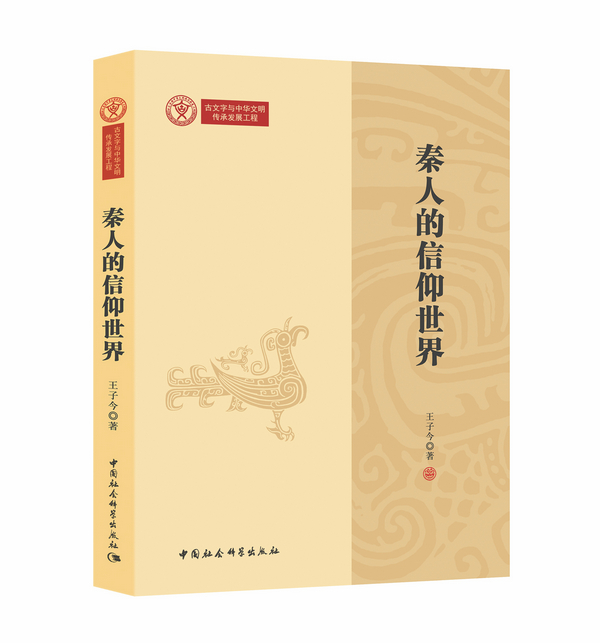

Qin was a minor power for the early centuries of its existence, and then developed as an ancient Chinese state during the Zhou Dynasty (c.11th century-256 BC). Following reforms in the 4th century BC, Qin emerged as one of the seven leading states during the Warring States Period (475-221 BC) and unified China in 221 BC under Qinshihuang's reign.
According to Wang, the culture of Qin originated in the northwest of the Central China Plains, though it was very different from the culture of the plains. It had aspects of a political culture. This is hardly surprising since the Qin people successfully established the first dynasty of imperial China.
Scholars used to focus on the pragmatism of the Qin culture, but haven't paid much attention to the spiritual world and beliefs of the Qin people, and the book tries to fill the academic blanks in this field, says Wang.
Wang started to consider the belief system of Qin people early in the 1980s. The book includes some of his essays in the past, and new findings of his research in recent years.
According to Sun Xiao, a historical researcher with the Chinese Academy of Social Sciences, the beliefs of the Qin people were not systematic at all, and can only be gleaned from small shreds of historical evidence. But Wang has prepared rich historical materials for this book, and put his ideas down with a simple and concise writing style.
Jiang Shoucheng, a professor at the School of Philosophy of Renmin University of China, says the book mainly discusses five aspects of Qin people's beliefs, such as their worship for people — their ancestors and Emperor Yan Di, a legendary pre-dynastic ruler — animals and plants, solar eclipses, geography-related worship, such as for the sea, as well as the ideas behind some of their folk customs.
Wang Hui, a professor at the Department of Cultural Heritage and Museology of Fudan University, says Wang Zijin's research on the belief system of Qin people can enhance our understanding of other aspects of the study of the Qin Dynasty, including their military affairs, transportation, literature and political system, opening another door to the Qin and even Han world.